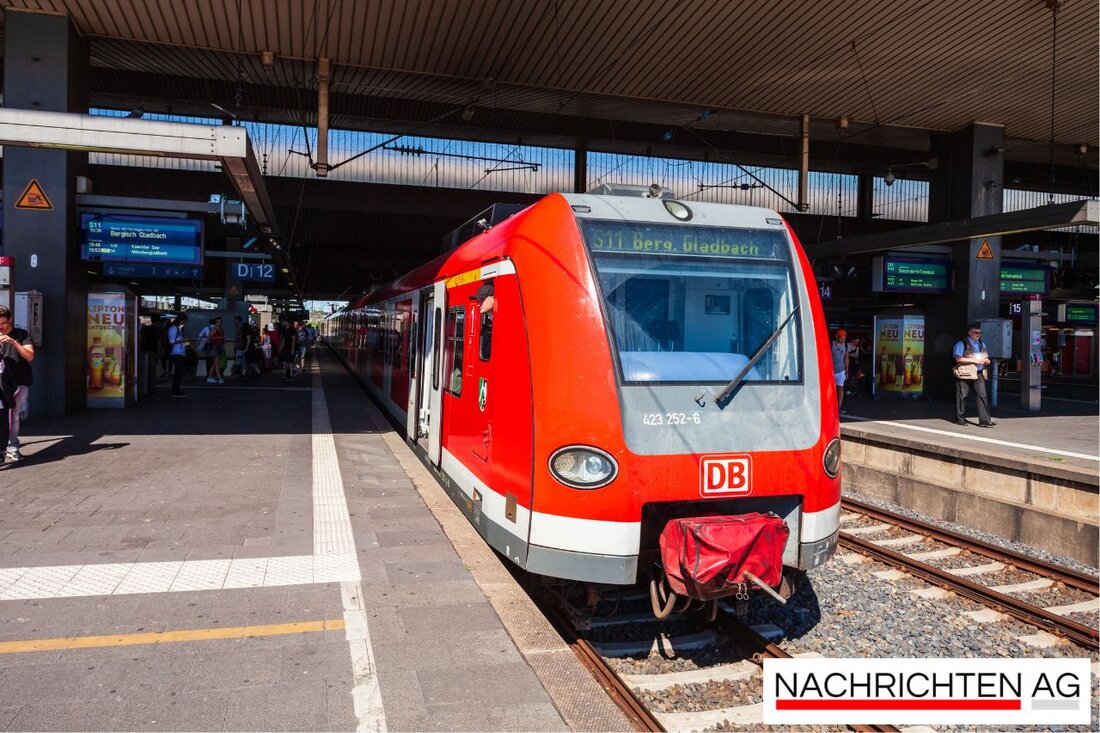Stuck, stress and full trains: This is how Chemnitz commuters experience the train!

Stuck, stress and full trains: This is how Chemnitz commuters experience the train!
The turnover in Germany remains a challenge. Despite increasing efforts to make public transport (public transport) more attractive, many cities suffer from traffic jams and inadequate alternatives. The commuter Alexandra Latzel, who travels between Leipzig and Chemnitz, reports on her serious problems with overcrowded trains, especially at peak times and on public holidays. While many people leave the car or do without it, the expansion of alternative means of transport is lagging behind
.
chemnitz is not connected to the removal network, which means that many travelers are dependent on regional connections. This situation leads to overcrowded corridors and blocked escape routes. Latzel criticizes that despite the increasing demand, no larger trains are made available, especially during cultural events. The Central German Regiobahn (MRB) recognizes the problem, but points out that the causes are not only due to them.
challenges in infrastructure
A central problem is the delayed commissioning of new battery brovels, which will result in the continued operation of the old double -decker cars by December 2025. On strongly frequented days, the MRB uses additional transport offers, but are only partially used. In addition, the route between Leipzig and Chemnitz is not electrified and largely single -track, which can affect the entire operation when delays.
Currently, the expansion of the route is still in two sections in the planning phase. Despite these difficulties, Latzel remains optimistic and believes that the train can be a good alternative if the prices remain low and politics assumes responsibility.
public transport as the key to sustainable mobility
also cheap tickets, such as the 9-euro ticket and the Germany ticket, are considered crucial to make public transport more attractive. According to the survey, 44% of the respondents have already partially or entirely on car trips in favor of public transport.
Mobility projects such as "moves North Saxony" and "Muldental on the move" aim to create a clock network with well noticeable departure times. In addition, increased use of environmentally friendly transport is required, including the use of e-buses by the Leipzig transport company and Hallesche Verkehrs-AG.
The gap between the needs of the commuters and the current offer could only be bridged again by further investments in public transport infrastructure. A common offer of Germany is considered necessary to achieve the climate goals and to make public transport sustainable.
Overall, it remains to be seen how the situation develops. Alexandra Latzel and numerous other commuters hope for an actual improvement in public transport and strengthening rail traffic.
| Details | |
|---|---|
| Ort | Leipzig, Deutschland |
| Quellen | |
